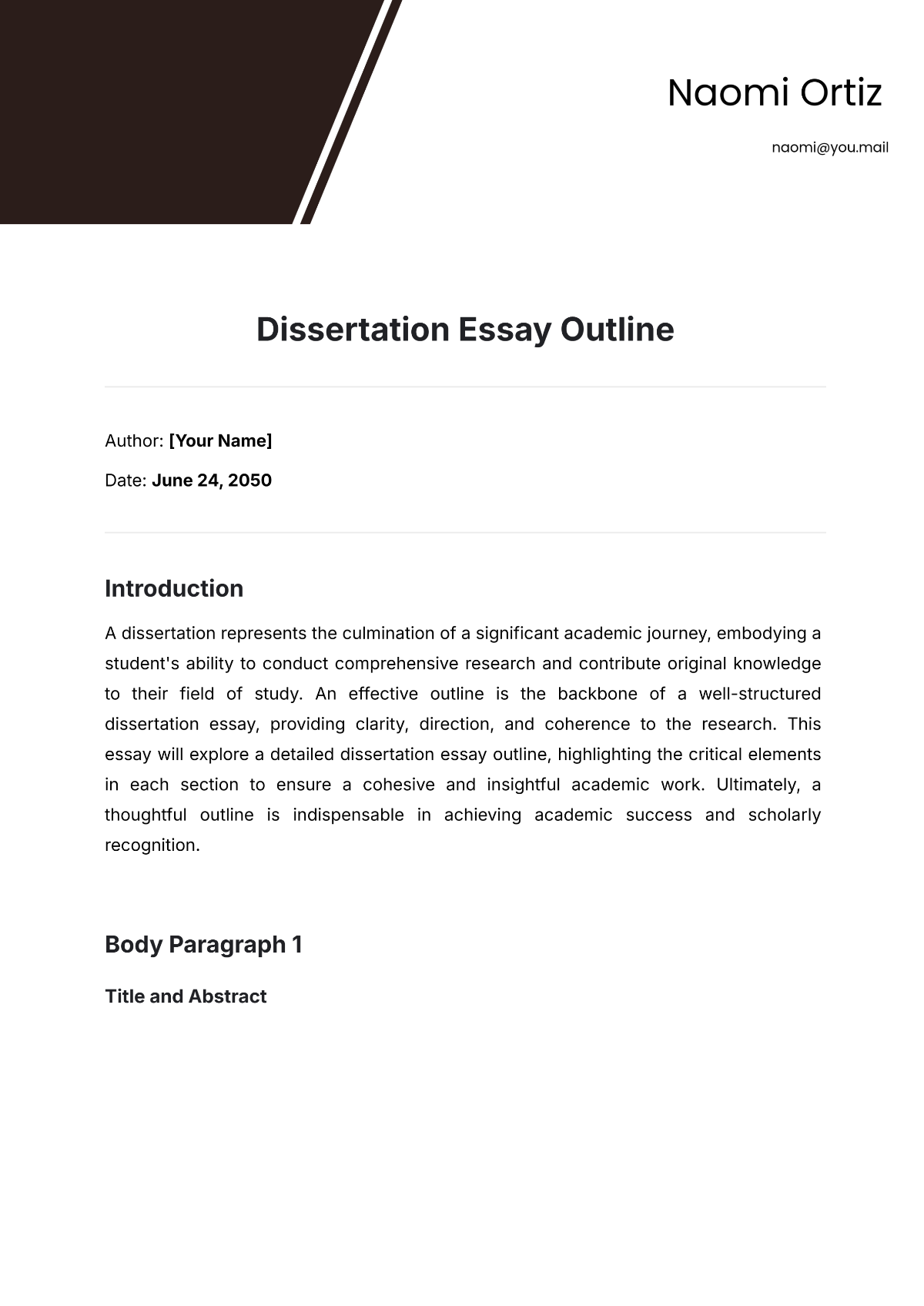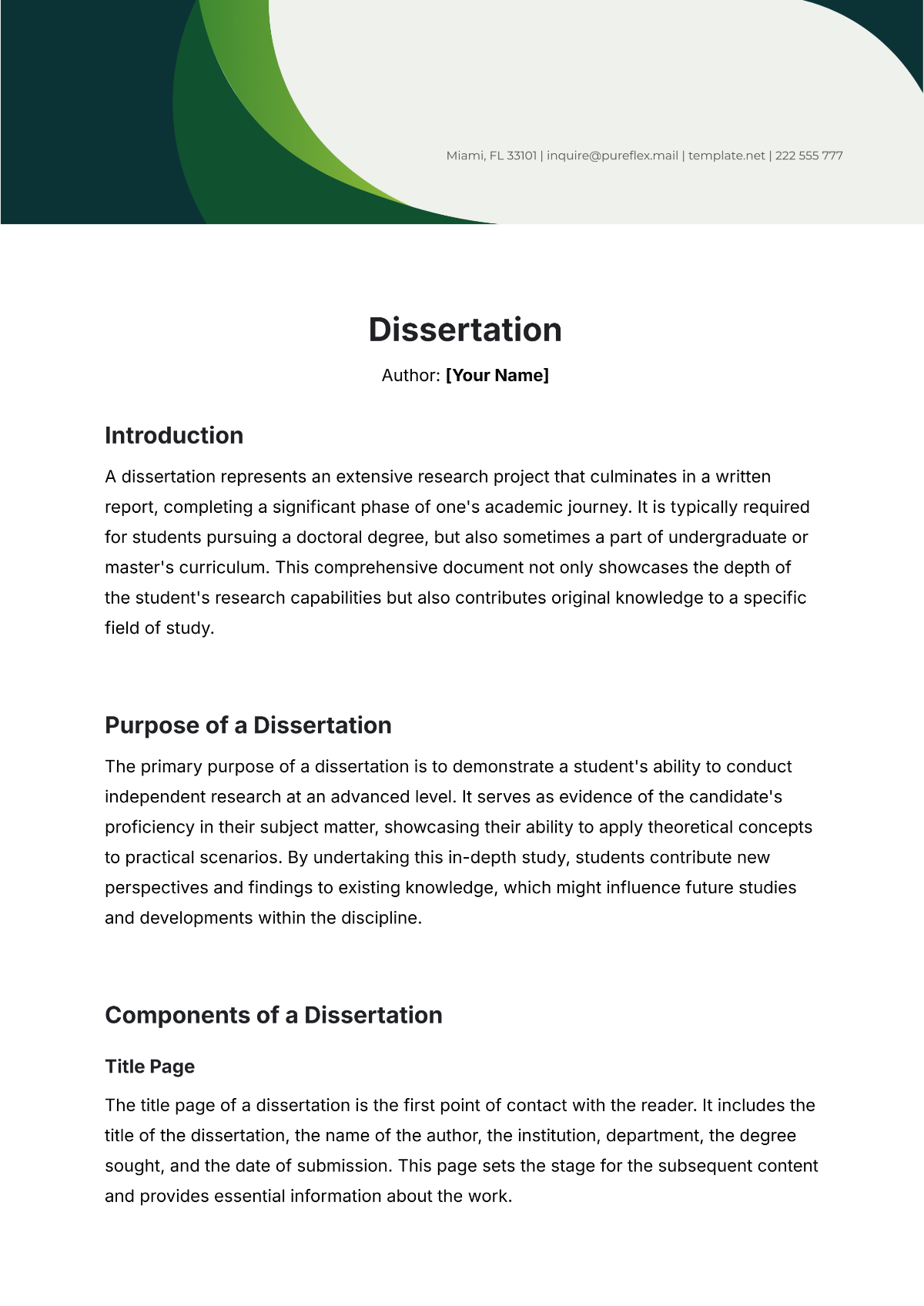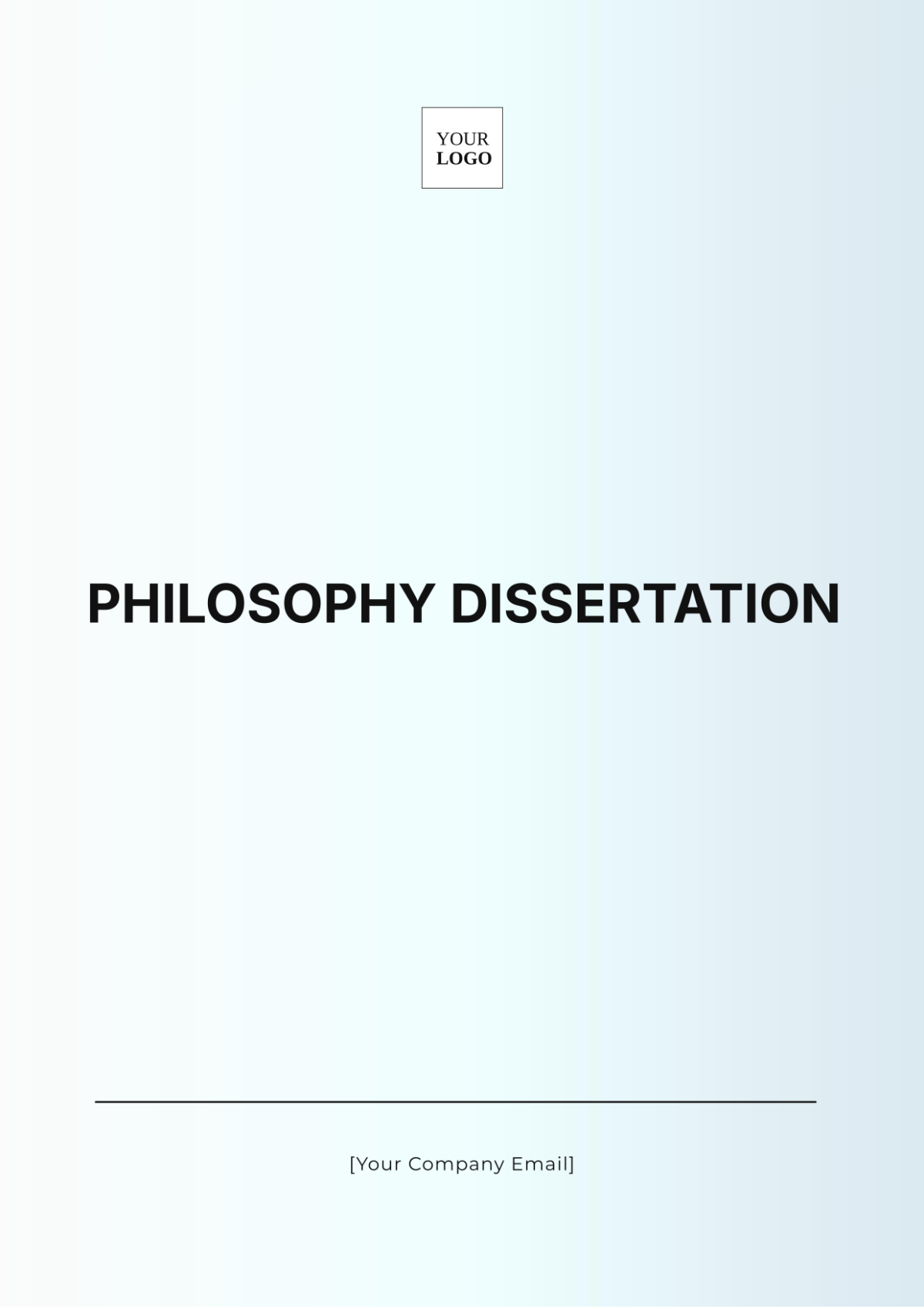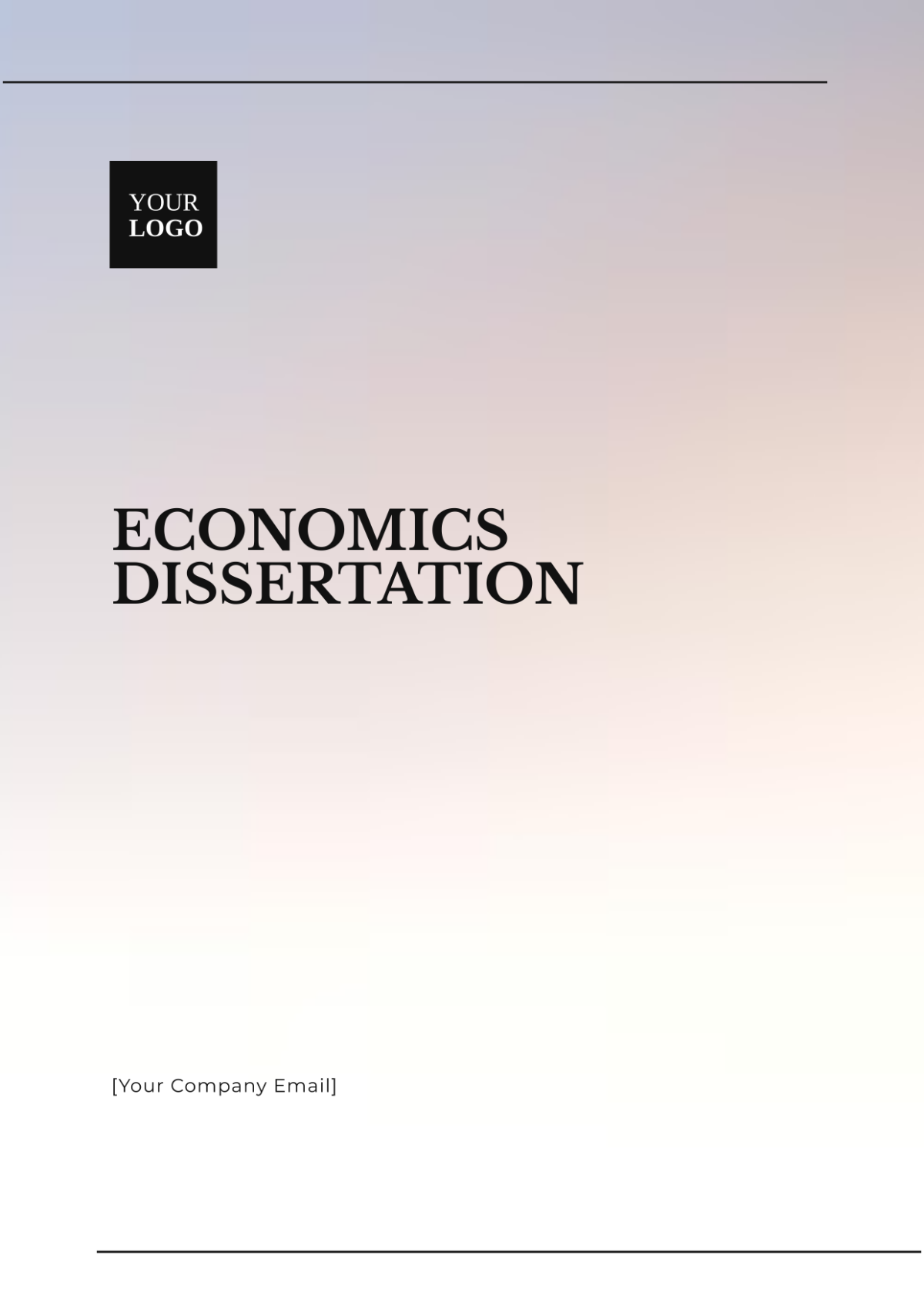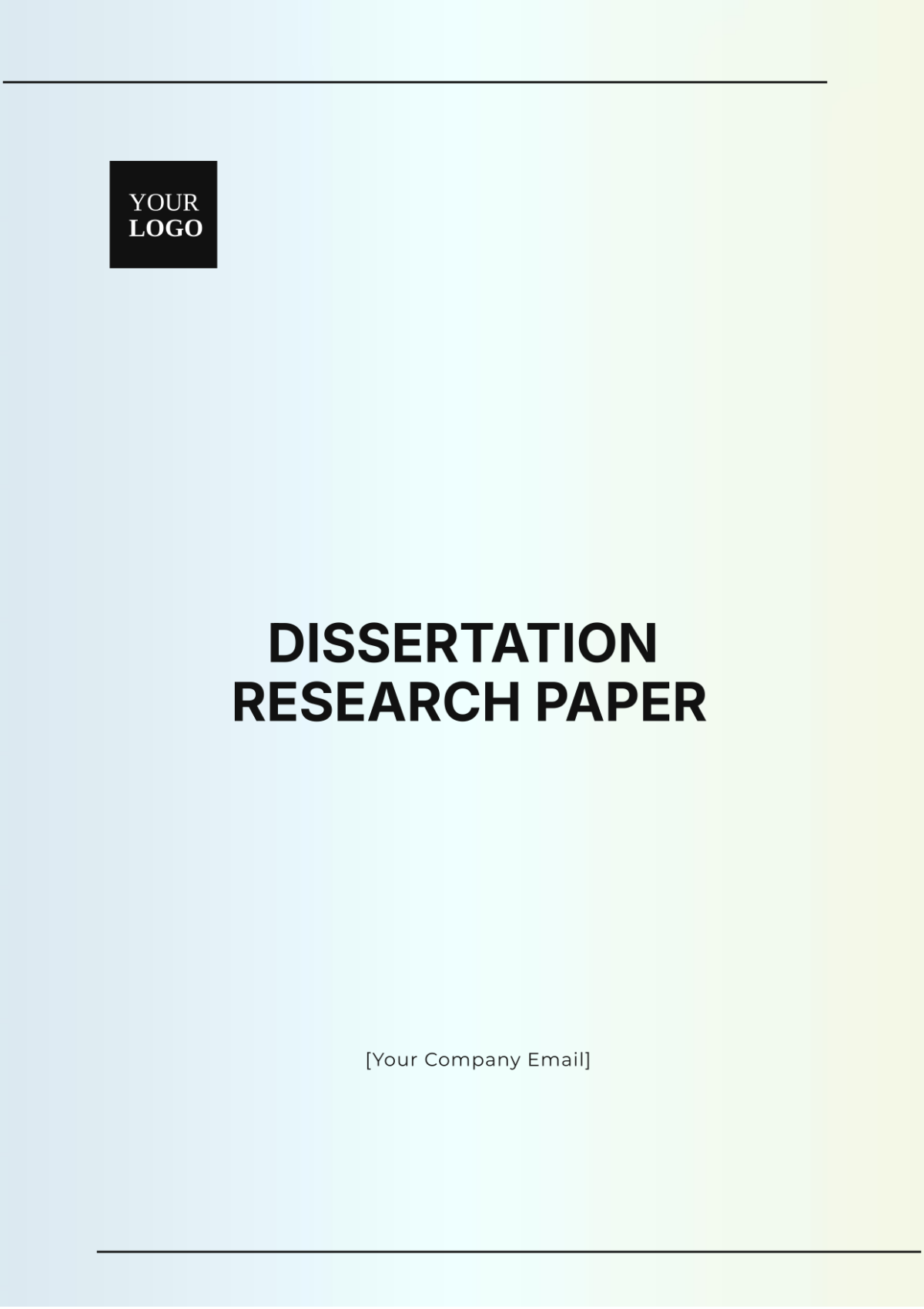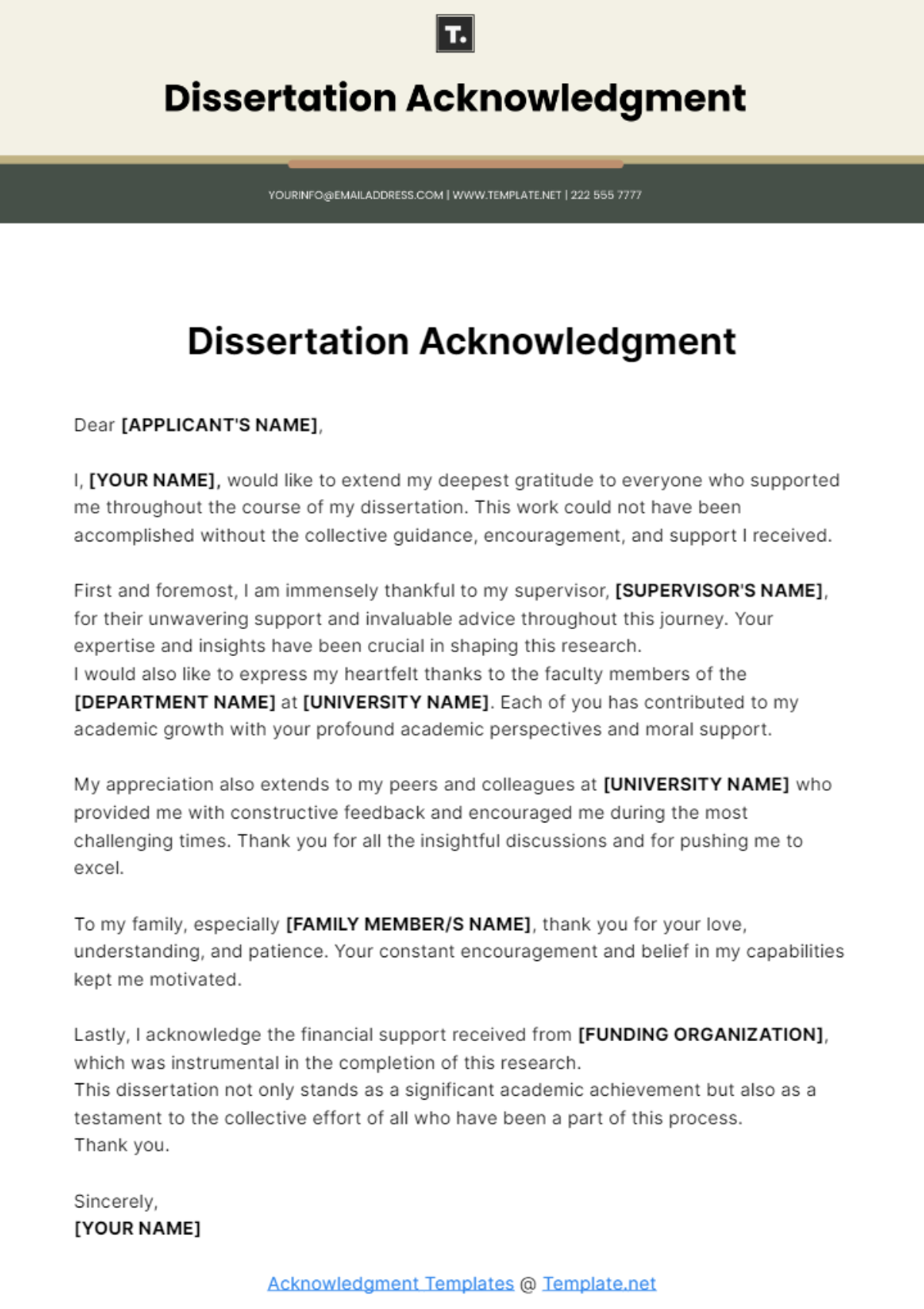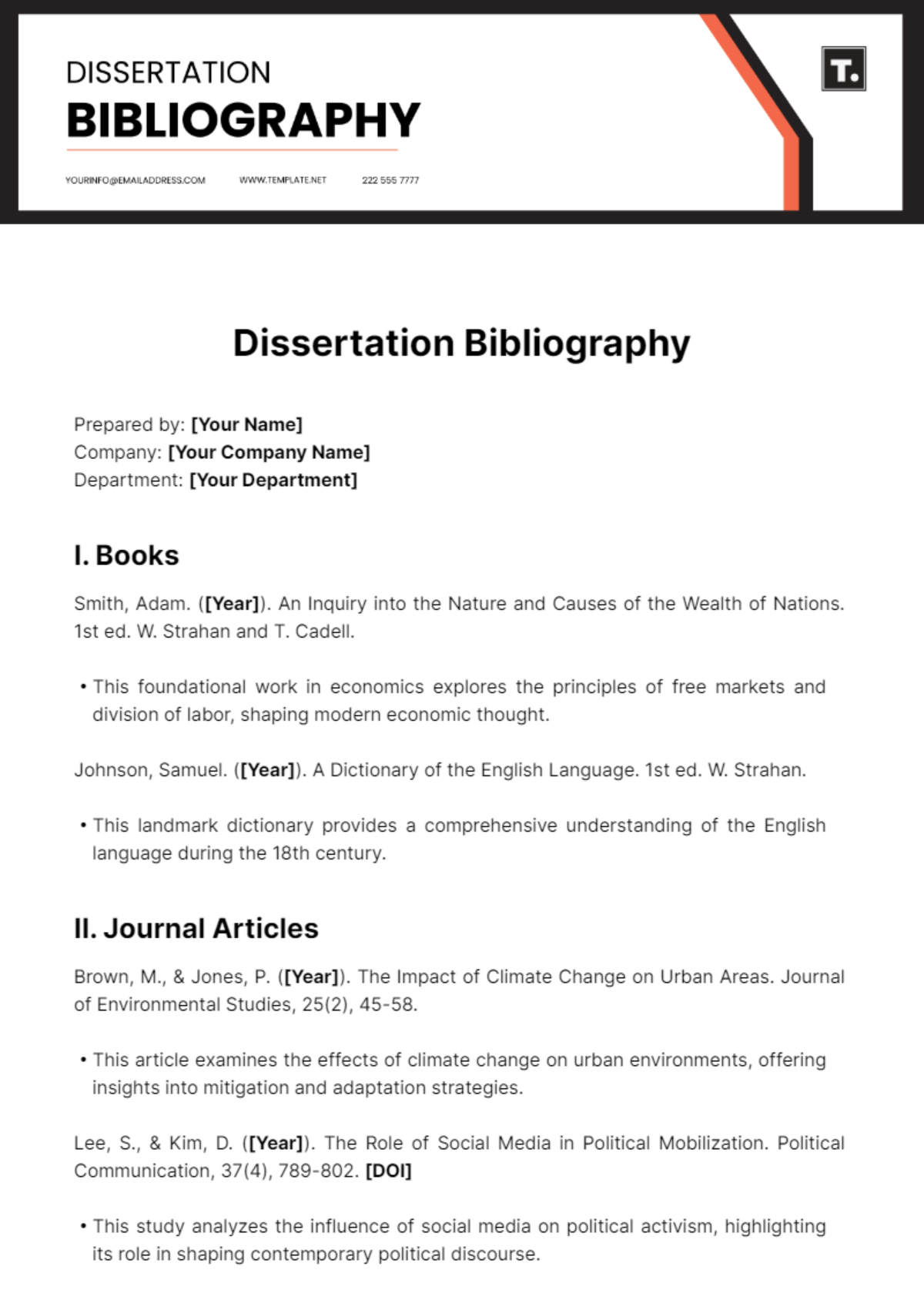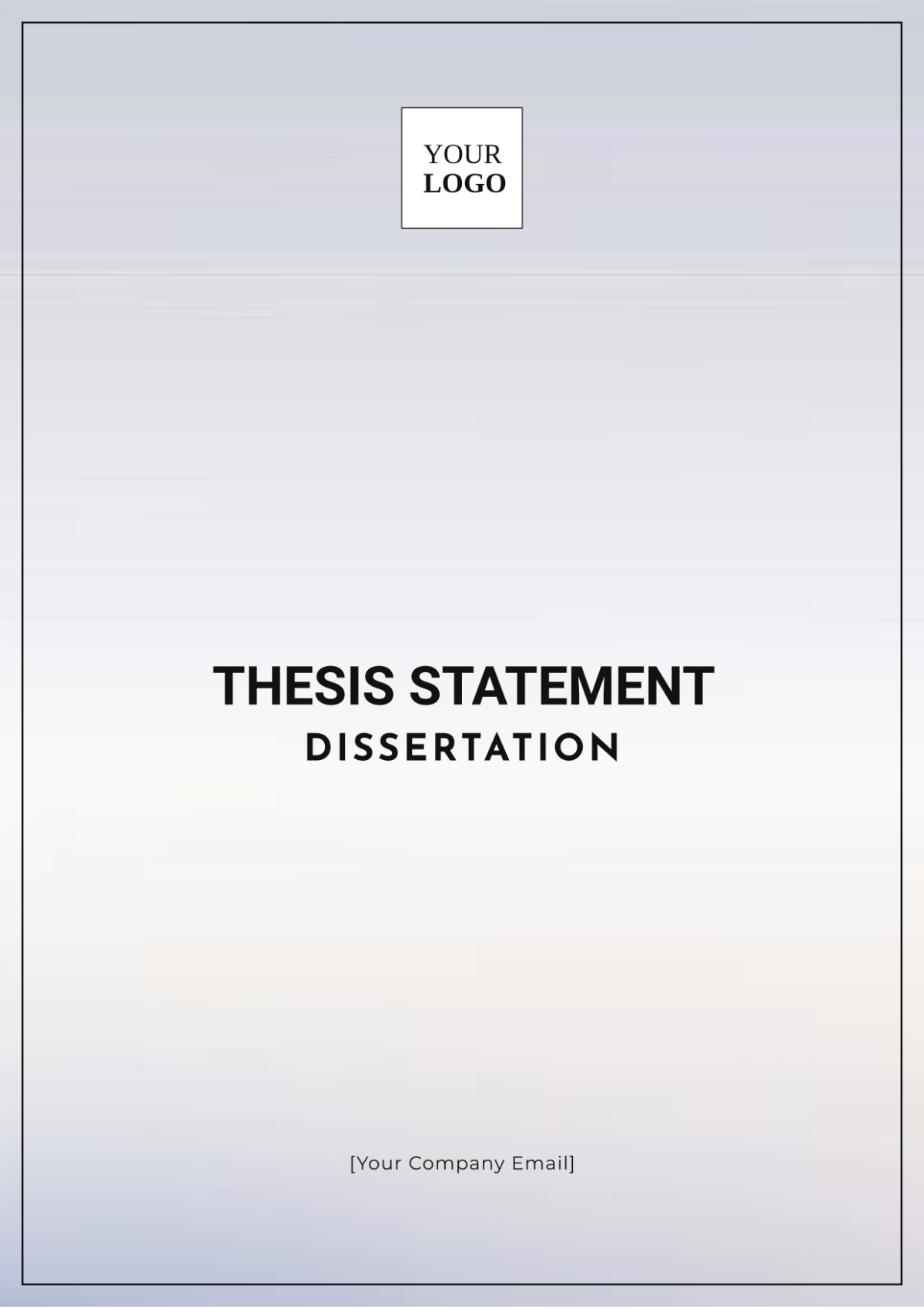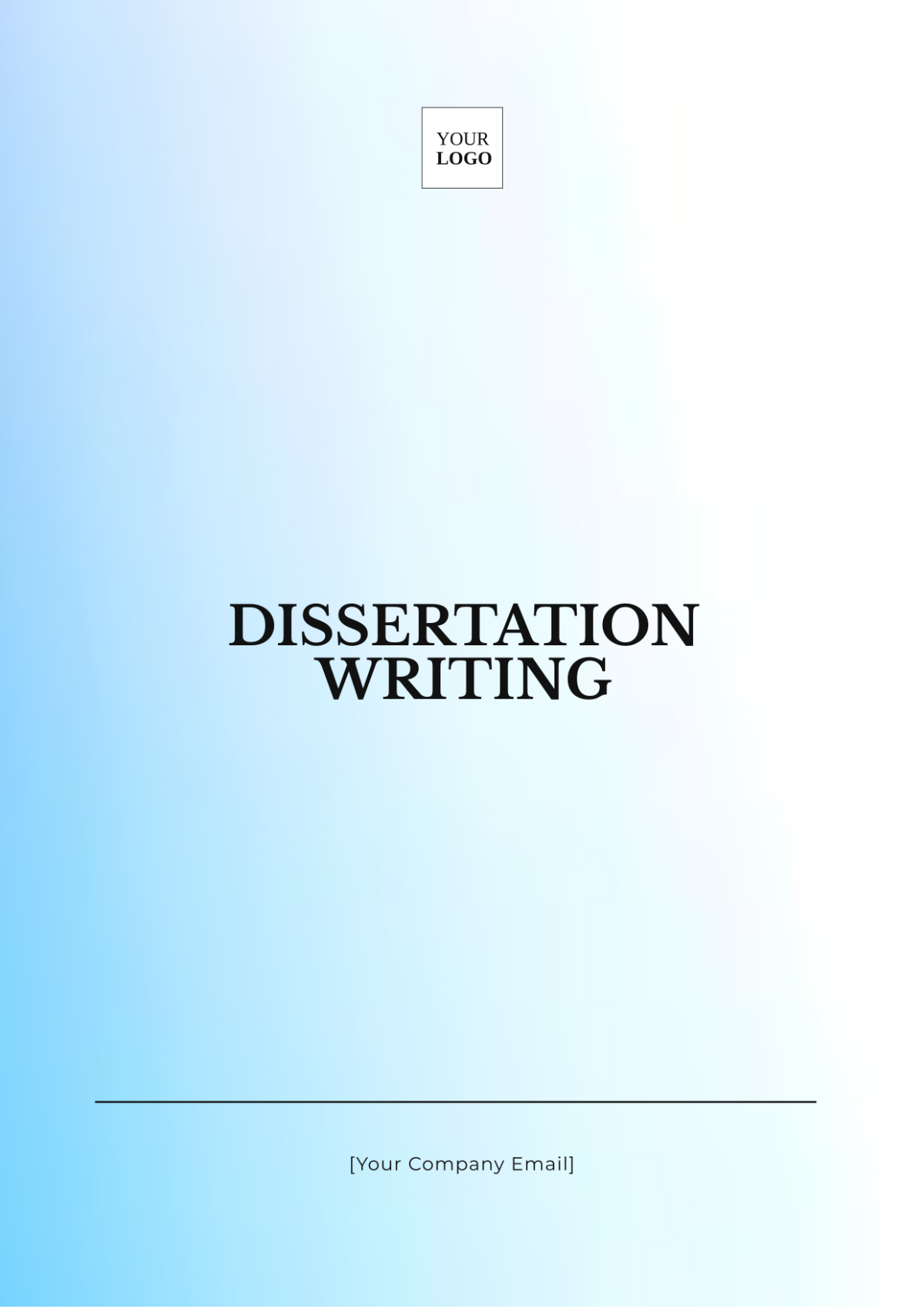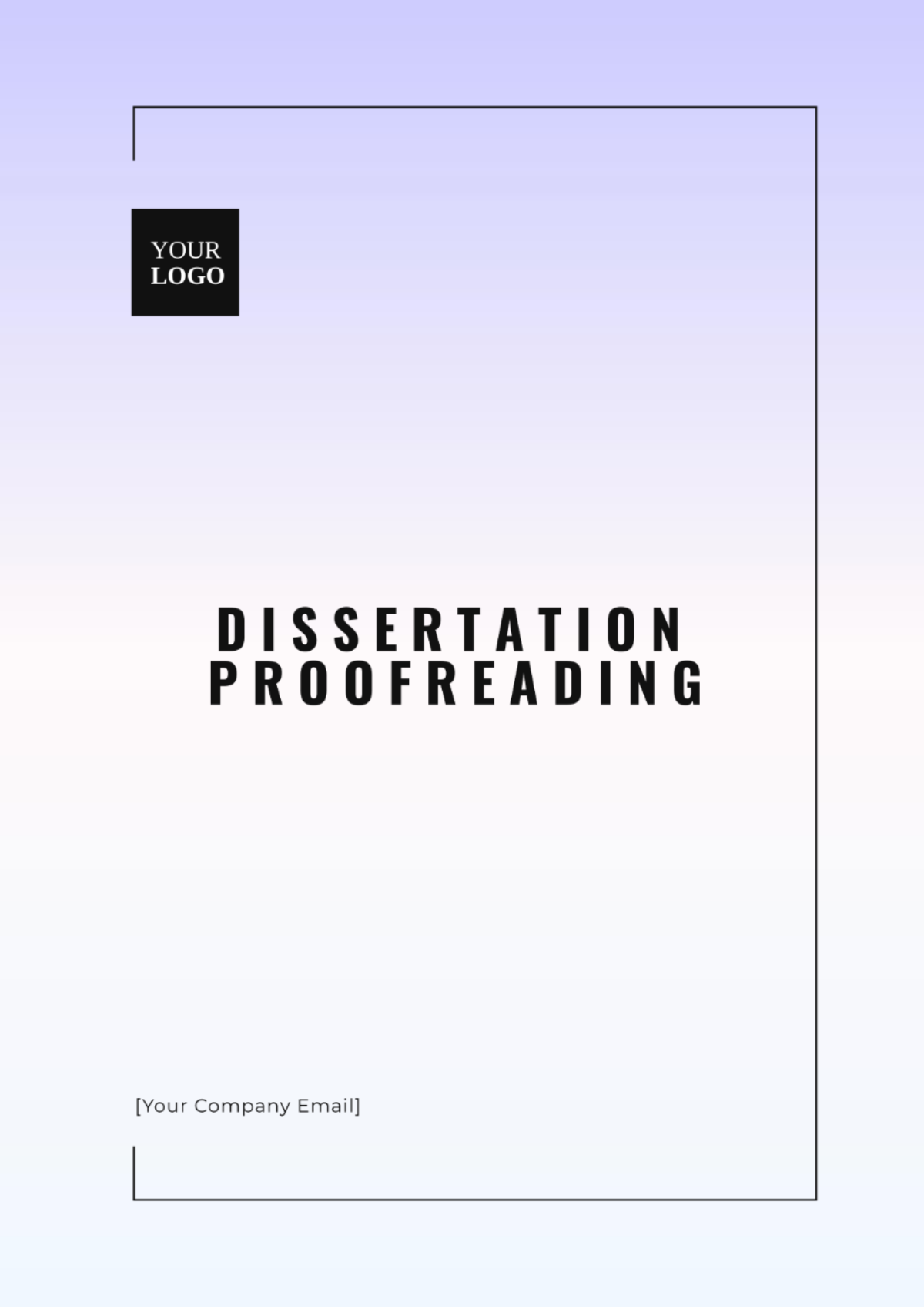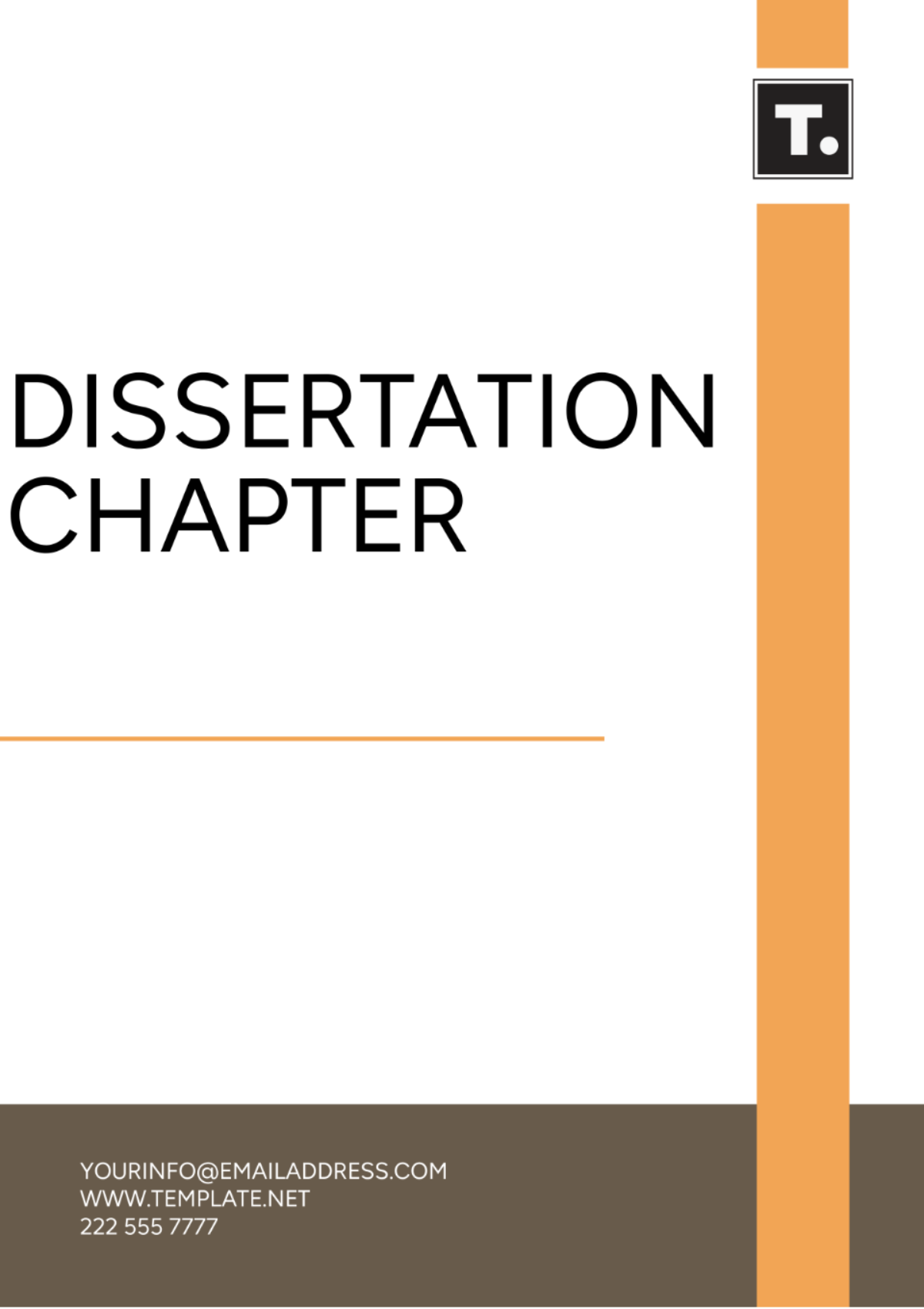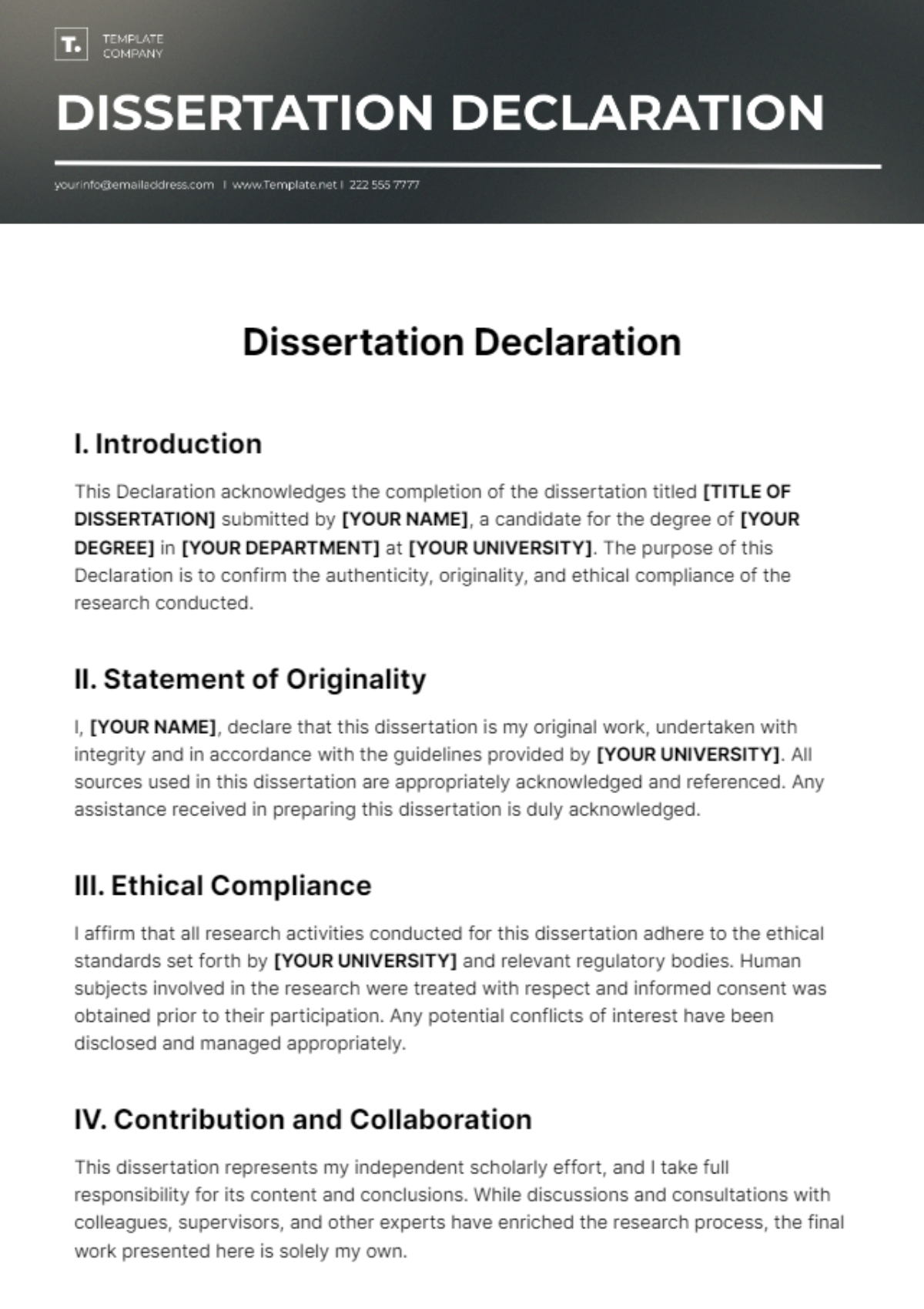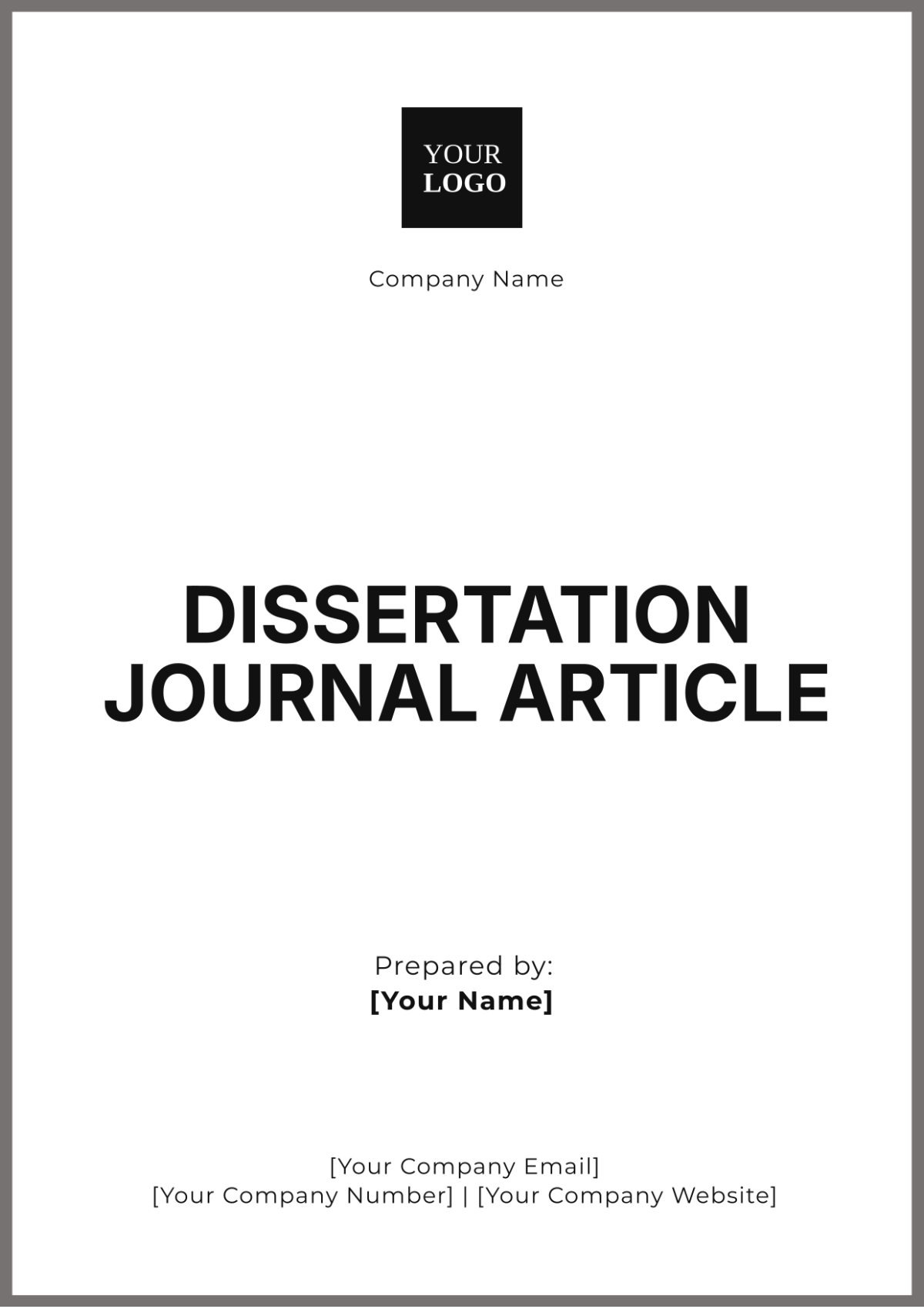Graduate Dissertation
Prepared By: [Your Name]
Abstract
This study explores the impact of digital learning platforms on student engagement and academic performance in higher education. Utilizing a mixed-methods approach, the research integrates quantitative data from academic performance records with qualitative insights from student interviews. Findings reveal that digital platforms enhance accessibility and flexibility but exhibit varying effectiveness in improving engagement and performance, contingent on implementation quality and individual student factors. Recommendations include best practices for integrating digital tools and strategies to optimize their benefits.
Chapter 1: Introduction
1.1 Background
The integration of digital technologies in education has revolutionized teaching and learning methodologies. Platforms such as MOOCs (Massive Open Online Courses) and various educational apps provide unprecedented access to resources while introducing new challenges related to student engagement and performance. This study investigates how these digital learning environments compare to traditional classroom settings in fostering student engagement and improving academic outcomes.
1.2 Research Problem
Despite the widespread adoption of digital learning tools, their impact on student engagement and performance is not fully understood. This study addresses this gap by examining the comparative effectiveness of digital platforms versus traditional teaching methods.
1.3 Objectives
To evaluate the influence of digital learning platforms on student engagement.
To assess the impact of digital tools on academic performance.
To identify best practices for effectively integrating digital resources into educational practice.
1.4 Research Questions
How do digital learning platforms influence student engagement?
What is the impact of digital learning tools on academic performance?
What are the best practices for utilizing digital resources effectively?
1.5 Significance of the Study
This research offers valuable insights for educators and policymakers aiming to optimize digital learning environments. By understanding the comparative effectiveness of digital and traditional learning methods, the study guides developing more effective educational strategies.
1.6 Structure of the Dissertation
Chapter 2: Literature Review
2.1 Introduction
The literature review examines existing research on digital learning platforms and traditional educational methods, offering a theoretical framework for understanding the impact of technology on learning processes and outcomes.
2.2 Overview of Existing Research
Numerous studies highlight the benefits of digital learning tools, such as increased accessibility and personalized learning experiences. For instance, Smith (2022) demonstrated that digital platforms offer flexible learning options that cater to diverse student needs.
2.3 Theoretical Framework
The study is grounded in constructivist learning theory, which asserts that learners build their understanding based on their experiences. Digital tools can enhance this process by offering interactive and engaging resources that support self-directed learning.
2.4 Gaps in the Literature
While extensive research exists on the advantages of digital learning, comprehensive studies comparing these tools directly with traditional methods in terms of student engagement and performance remain scarce.
2.5 Summary
This review underscores the potential of digital platforms while identifying the need for further research to compare their effectiveness with traditional educational methods.
Chapter 3: Methodology
3.1 Research Design
A mixed-methods approach was utilized to provide a holistic analysis of the impact of digital learning platforms. Quantitative data were collected from academic performance records, while qualitative insights were gathered through student and educator interviews.
3.2 Data Collection Methods
Quantitative data were sourced from university records, including grades and attendance rates. Qualitative data were collected via semi-structured interviews with students and educators to gain deeper insights into their experiences with digital tools.
3.3 Data Analysis
Quantitative data were analyzed using statistical techniques to identify correlations between digital tool usage and academic performance. Qualitative data were analyzed thematically to extract key insights into student engagement and experiences.
3.4 Ethical Considerations
Informed consent was obtained from all participants, ensuring confidentiality and ethical standards were upheld throughout the study.
3.5 Limitations
The study's limitations include a sample size restricted to one institution and potential biases in self-reported data, which may affect the generalizability of the findings.
Chapter 4: Results
4.1 Introduction
This chapter presents the findings from the data analysis, highlighting significant trends and patterns related to the impact of digital learning platforms.
4.2 Presentation of Data
Quantitative results indicate a moderate correlation between the use of digital tools and improved academic performance. Qualitative data reveal that while students value the flexibility of digital platforms, they also encounter challenges such as technical issues and reduced face-to-face interaction.
4.3 Analysis of Findings
The results suggest that digital learning platforms can enhance academic performance, though their effectiveness is influenced by factors such as platform design and student engagement strategies.
4.4 Summary
Overall, the findings highlight the potential benefits of digital learning tools while identifying improvement areas.
Chapter 5: Discussion
5.1 Interpretation of Results
The study confirms that when used effectively, digital learning platforms positively impact student engagement and performance. However, their success depends on thoughtful implementation and alignment with individual student needs.
5.2 Comparison with Existing Research
The findings align with existing research that emphasizes the benefits of digital learning but also addresses gaps in comparative effectiveness identified in the literature review.
5.3 Implications
The research underscores the importance of carefully considering how digital tools are integrated into teaching practices to maximize their benefits.
5.4 Recommendations for Future Research
Future studies should explore the longitudinal impacts of digital learning platforms and examine their effects across diverse educational contexts.
Chapter 6: Conclusion
6.1 Summary of Findings
This study demonstrates that digital learning platforms can enhance student engagement and academic performance but require strategic implementation to be most effective.
6.2 Contributions to Knowledge
The research contributes to understanding the comparative effectiveness of digital tools versus traditional methods and provides practical recommendations for their use in education.
6.3 Concluding Remarks
As digital technologies advance, ongoing research and adaptation will be essential for optimizing their use in supporting student success.
References
Smith, J. (2022). The Impact of Digital Learning Tools on Student Engagement. Journal of Educational Technology, 15(3), 45-60.
Dissertation Templates @ Template.net

